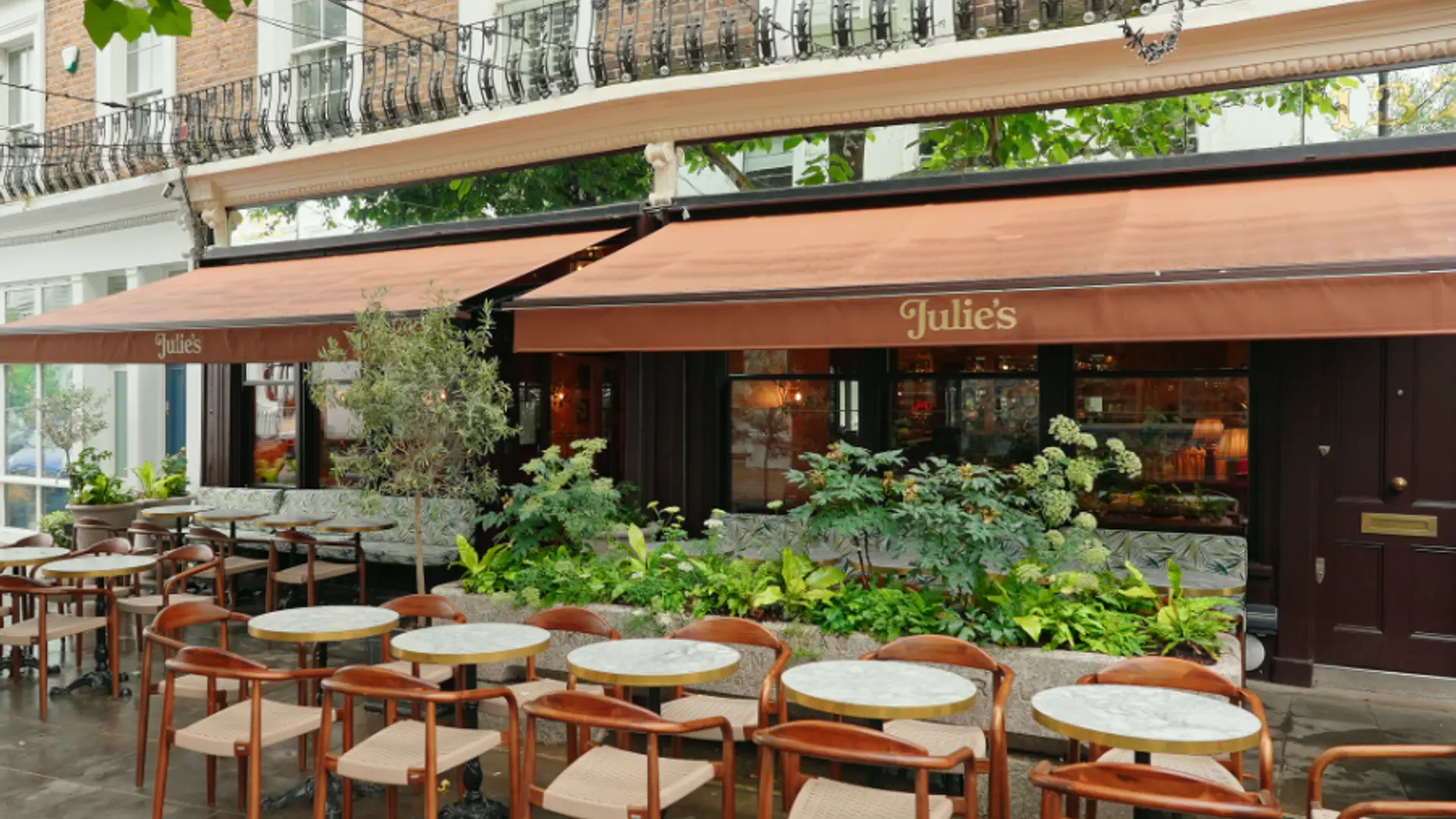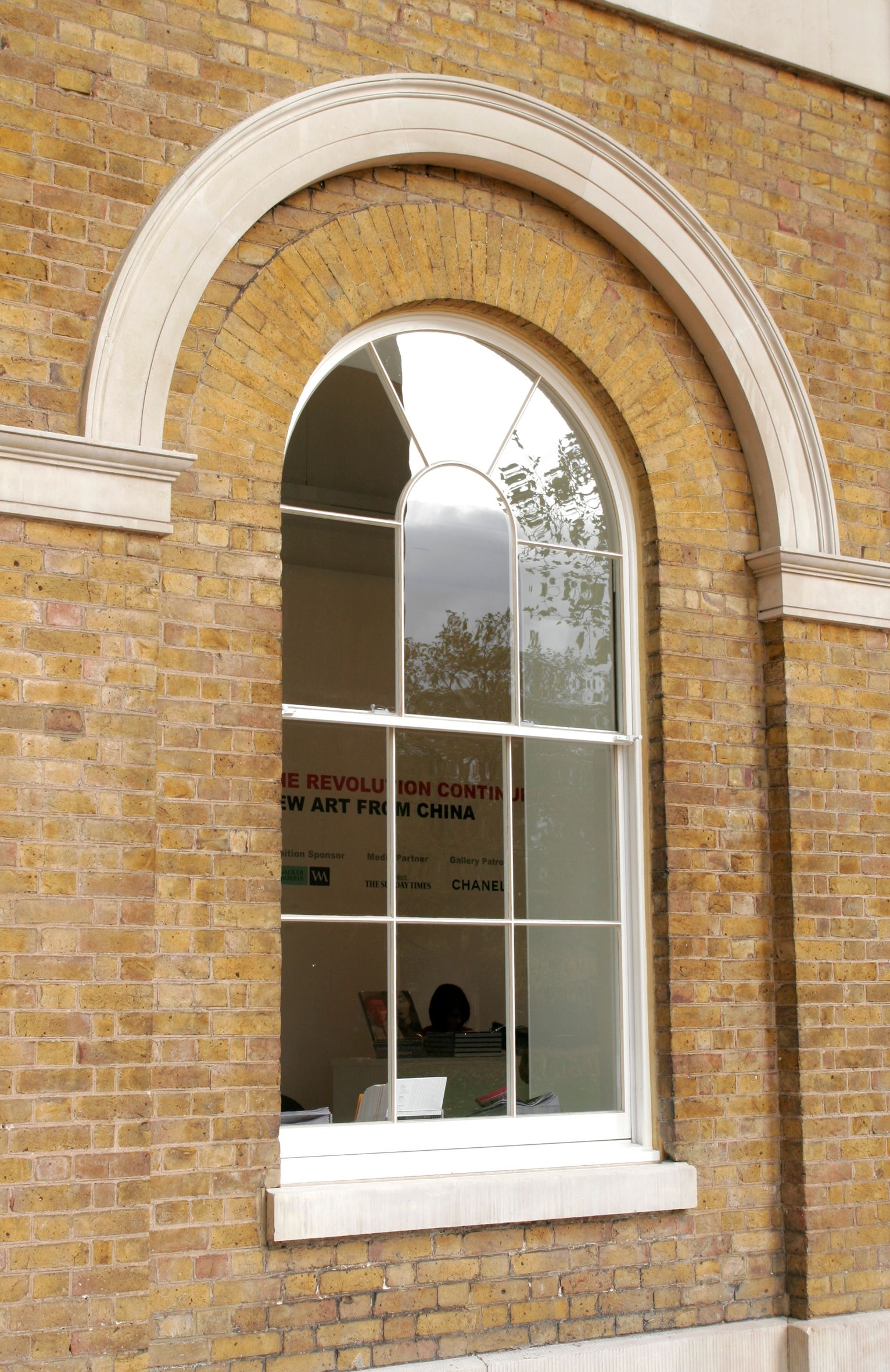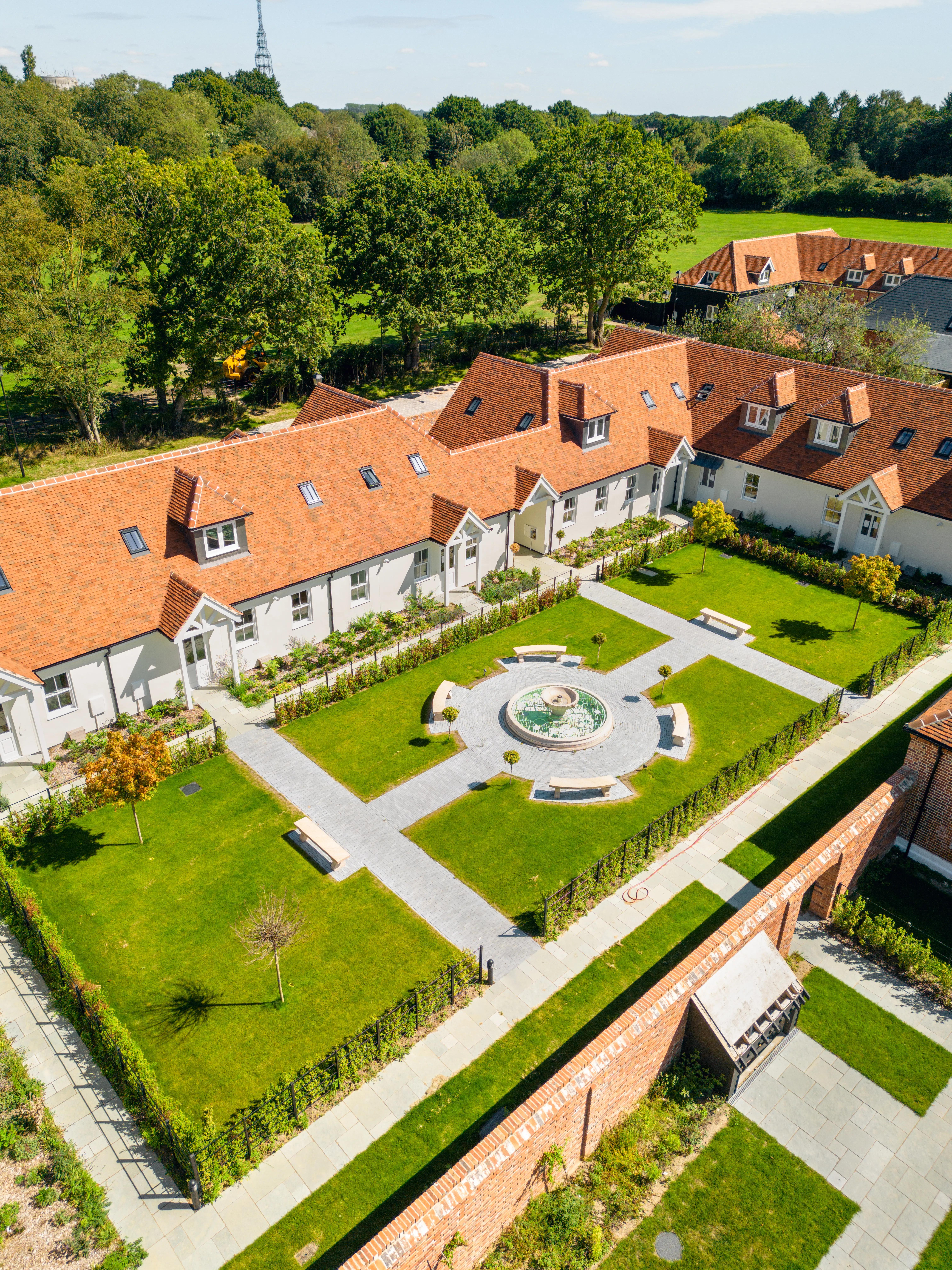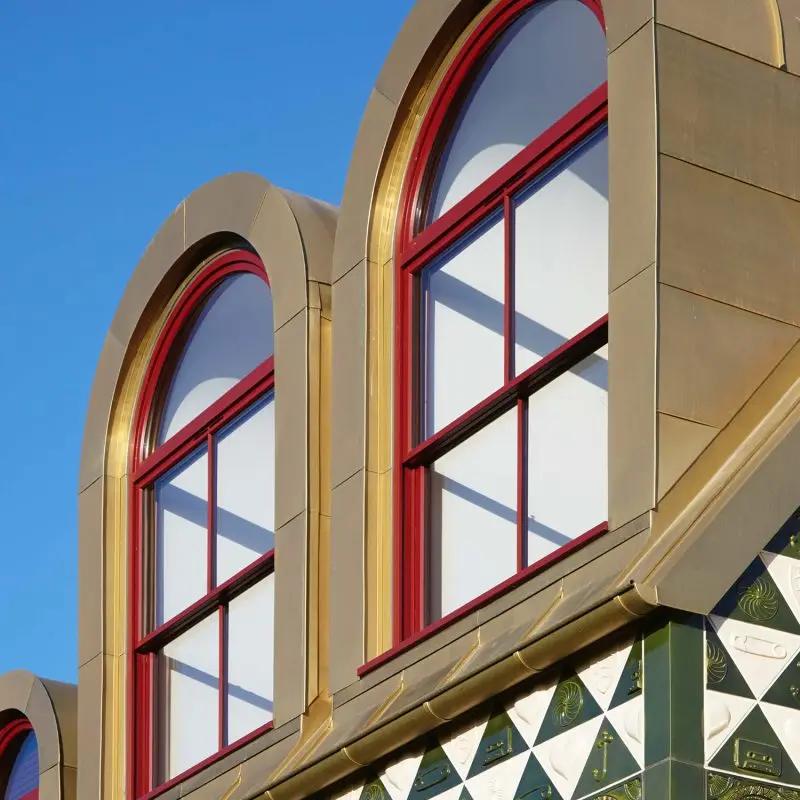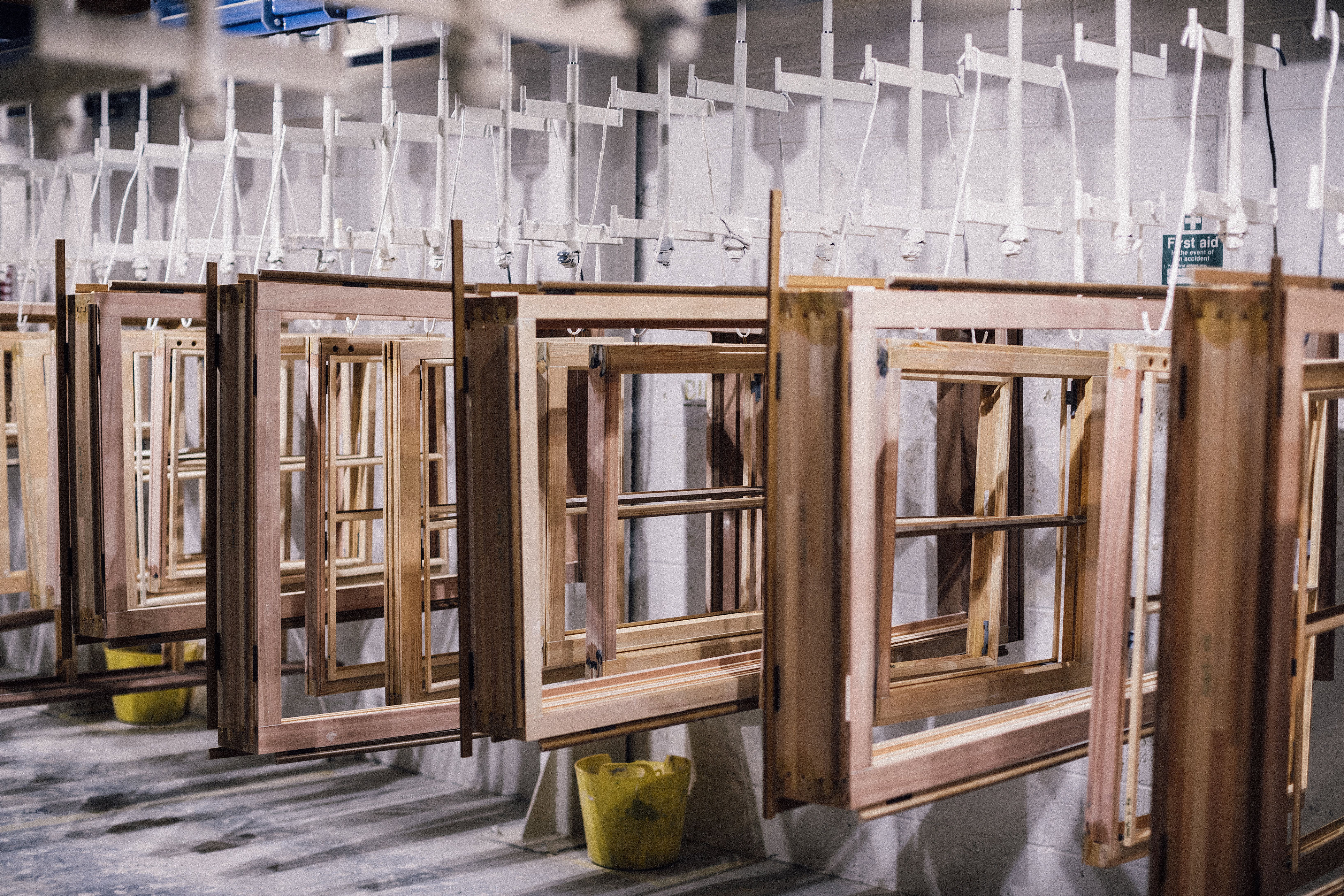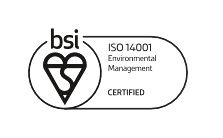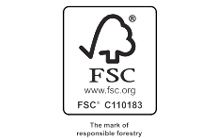The UK is renowned for its commitment to environmental conservation and sustainability. From beautiful national parks to thriving renewable energy projects, various regions across the country stand out for their progressive environmental practices. From Bristol’s ambitious carbon reduction plans to Wales' journey towards net-zero, these areas demonstrate how communities can come together to create a greener and more sustainable future.
As a specialist in timber windows and doors, and a proud advocate for sustainable construction, we’ve explored some of the UK’s most forward-thinking regions and highlighted the efforts being made to build a more environmentally responsible future.
Bristol
Nestled in southwest England, Bristol is widely recognised as a sustainability pioneer. The city has launched numerous initiatives, such as the Bristol Green Capital Partnership, which aims to make the city greener, healthier, and more sustainable. Bristol has made excellent progress in reducing carbon emissions, expanding walking and cycling infrastructure, and generating renewable energy locally.
In 2021, a study evaluating sustainability across UK cities gave Bristol the highest score — 6.79 out of 10 — naming it the most sustainable city in the UK.
The city was also given the go-ahead in 2022 for an innovative new affordable eco-housing development, which includes nine one-bedroom, two-storey homes. These properties are designed with low-energy lighting, superior insulation, and use renewable energy sources such as solar panels and air-source heat pumps — a major step forward in addressing Bristol’s housing crisis through sustainable design.
Brighton and Hove
Brighton and Hove have long been committed to sustainability. With wind turbines, rooftop solar panels, and a strong commitment to active transportation, the city is recognised for its progressive approach to environmental change. Brighton's residents actively participate in sustainable initiatives, from regular beach clean-ups to urban food projects.
In 2020, Brighton and Hove became the first UK city to receive Gold Sustainable Food Status from Sustainable Food Places — a reflection of its local commitment to responsible consumption and environmental care.
One of the city’s most inspiring architectural projects is the Brighton Waste House, constructed using over 85% discarded or unwanted materials. It’s Europe’s first permanent public building constructed from waste, yet it still achieved an EPC rating of A.
Stroud
Situated in the heart of the Cotswolds, Stroud is an eco-conscious community with a strong reputation for sustainable living. The town supports a localised economy built around organic food, thriving farmers’ markets, and local co-operatives.
Stroud is also leading the way in renewable energy adoption, with community-owned solar projects and high-performance, energy-efficient buildings. Waste reduction and recycling are embedded into local culture, and the district’s 2030 sustainability masterplan sets out goals in:
- Built environment (efficient energy and water use)
- Clean energy generation
- Biodiversity and habitat protection
- Sustainable transport and movement
- A low-carbon local economy
- Waste minimisation
- Community collaboration
Edinburgh
Scotland’s capital has taken strong steps towards becoming a net-zero city. Edinburgh aims for zero carbon emissions by 2030 and promotes active transport through bike-sharing schemes, new cycle lanes, and enhanced pedestrian access.
The city’s green infrastructure includes iconic public parks, such as Holyrood Park, and community-driven initiatives, like the Edinburgh Community Solar Co-operative, which supports shared renewable energy use.
Wales
Wales as a whole is making substantial strides in environmental conservation. With targets to become a net-zero nation by 2050, Wales is investing heavily in wind and hydroelectric power while supporting biodiversity protection and sustainable farming practices.
The country’s approach includes national-level initiatives to preserve its natural landscapes and shift toward long-term environmental resilience — making it a standout example of joined-up thinking in sustainability.
Manchester
Once defined by its industrial past, Manchester is now one of the UK’s leading cities in terms of sustainability. The Manchester Climate Change Agency plays a central role in helping the city embrace renewable energy, reduce emissions, and promote sustainable lifestyles.
Manchester has developed an integrated cycling infrastructure, introduced green building policies, and supports eco-conscious retail, with more than 25 environmentally focused shops in the city centre.
How Can You Be More Sustainable at Home?
Double Glazing
Installing double-glazed windows is a highly effective way to reduce carbon emissions at home. This simple upgrade can save households up to £195 per year and cut emissions by around 330kg of CO₂ annually.
Renewable Heating
Switching to renewable energy sources, such as solar panels, not only reduces dependency on fossil fuels but also brings long-term savings. On average, solar panels can save households up to £700 per year, while cutting national-level emissions by over 120 metric tons per year.
Using Sustainable Materials
Incorporating timber and other natural materials into your build or renovation project can significantly reduce your environmental impact. Sustainably sourced timber not only reduces embodied carbon but also helps regulate your home’s temperature — keeping it cooler in summer and warmer in winter.
As a naturally renewable material, timber supports biodiversity and contributes to healthier ecosystems when responsibly managed.
Final Thoughts
Across the UK, many regions are taking bold steps to create a greener, more sustainable future — and each of us can take inspiration from them. Whether through small upgrades, such as improved insulation and double glazing, or by embracing eco-conscious materials like timber, every action counts.
At Mumford & Wood, we are proud to support sustainable development by crafting beautifully engineered timber windows and doors using responsibly sourced materials. By building better, we can protect more — for our properties, our communities, and the planet.
Discover our sustainable timber product range or visit our showroom to explore eco-friendly design options for your next project.


